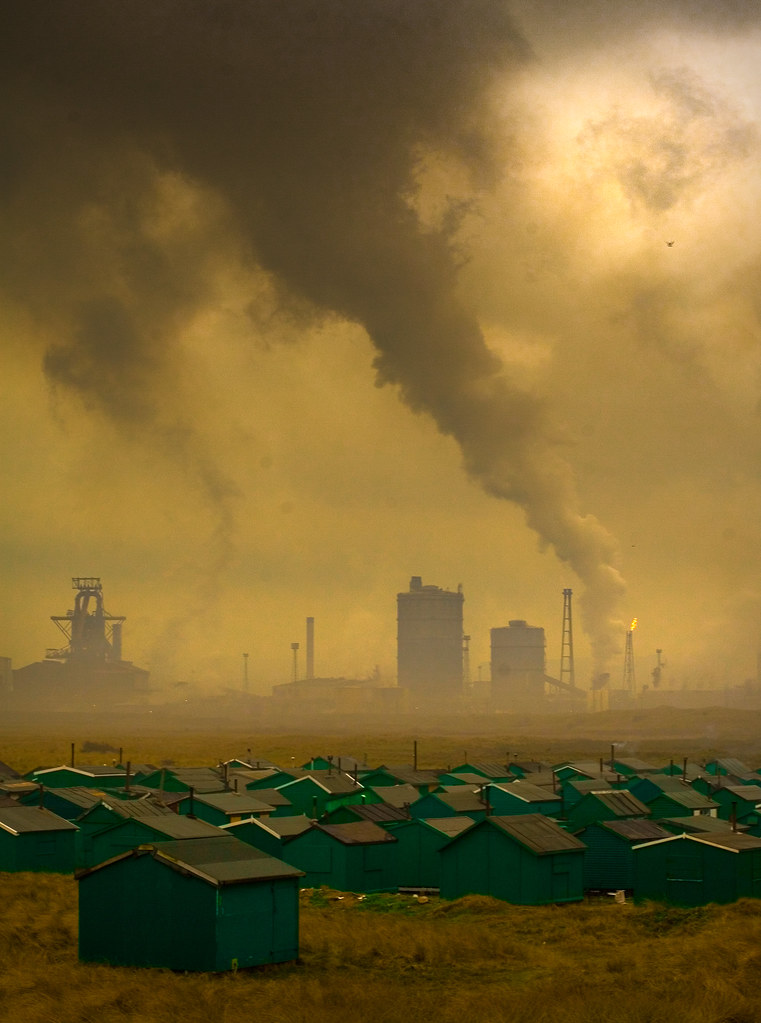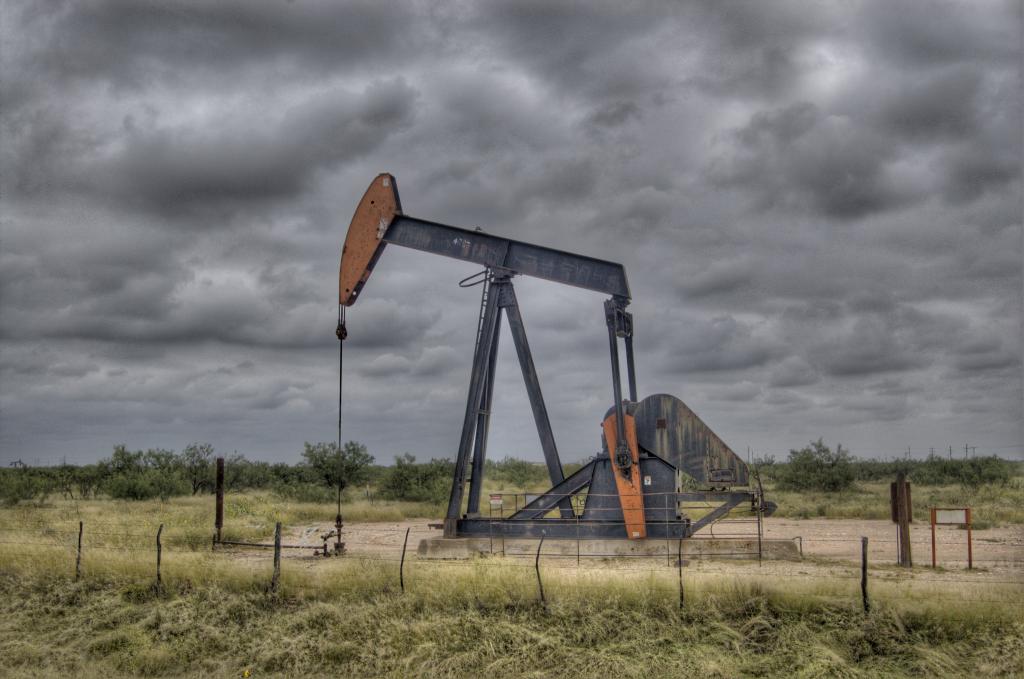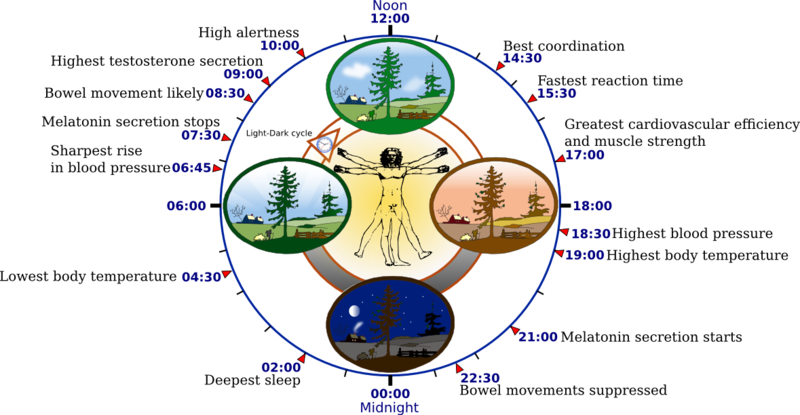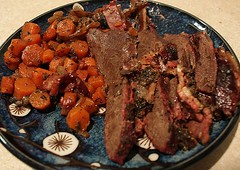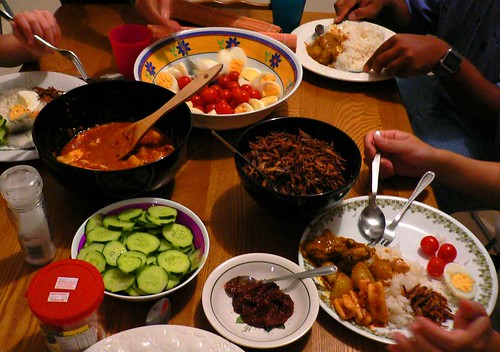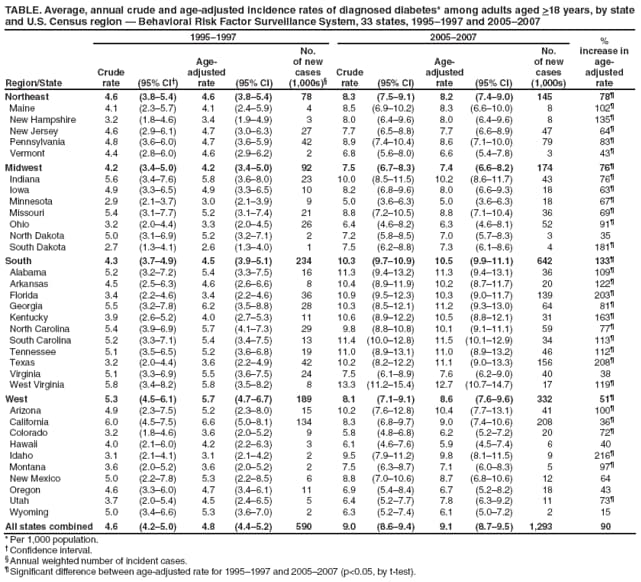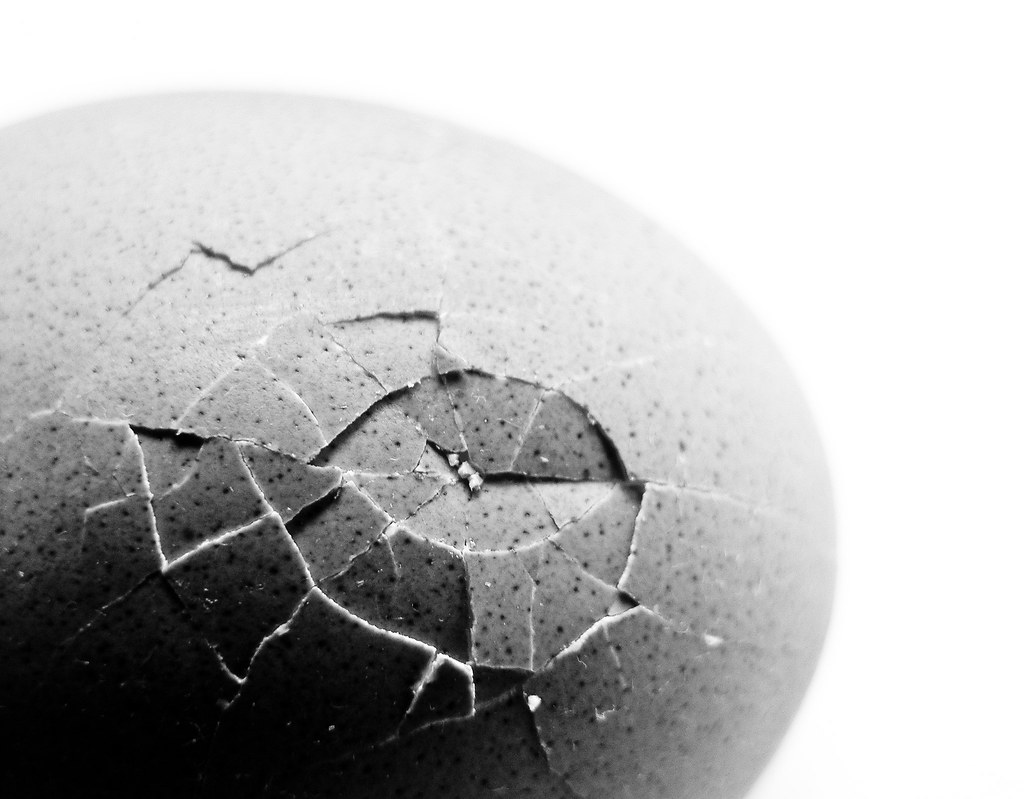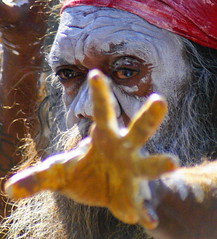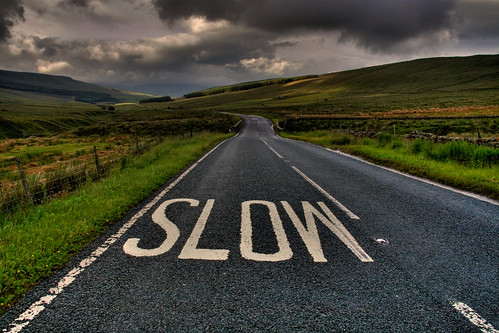Looking back, I realize I've been a little all over the place. A little about meditation and mindfulness, a little (lot) of bit about food and food-related social issues and diseases, some recipes (more food), even some techie stuff! Am I scatter-brained or what? Perhaps a little, but I promise you that there is a method to this madness.
All of these things have a common thread: they are about how the world is trying to get you. Do I sound paranoid? What did you expect - this blog is called Man vs World for a reason. It took me quite a while to decide on this name, and it wasn't just because it's pretty damn catchy (at least I think it is.)
The world I speak of isn't necessarily the WORLD - as in the planet, nature, Gaia. Yes, nature will kill you, but it's not out to get you; in fact, the pressures of the natural world drive us toward success. In the natural setting for
homo sapiens, which we can see today in the few hunter gatherers that remain - a people that remain much healthier than us in the modern world, in general, despite being forced to the fringes of their habitat as the best of the land is gobbled up by the locust swarm that is civilization - the need to hunt and gather their own food, continuously provide or seek shelter from the elements, and sometimes the need to migrate with the seasons keep these people in tip-top shape, and provide for a rich if at times difficult life. Do not mistake me - the world outside of our apartments and paved streets is dangerous. It can kill you just as easily as a mugger in Central Park or a drunk driver.
There is no utopia to be had, but there are myriad living Hells we can create for ourselves.
On the contrary, I speak specifically of the world in which WE live - you reading this blog, me writing it from the comfort of a coffee shop, all of our brethren in the industrialized world and the unfortunate societies that we hold under our sway. This is an artificial world; a world that we have been lead to believe stands apart from the natural world, even ABOVE it; a world that can only exist as long as it represses those within it. Keeps us from being our natural selves and giving our all toward its success.
It is a parasitic, nay, a
vampiric system.
When I say Man vs World, I mean Man vs the society that tells us that the Gross National Product is the most determining factor of our collective success, rather than the ability for us to feed ourselves, or love each other. A society that has measures wealth in a fabricated measure of power that we call 'money', instead of the leisure time we have to spend with our loved ones, our community.
I mean Man vs the system that has destroyed almost all concept of family, that has produced generations of people raised by television and video games, communities that lock themselves up behind walls and never know their neighbors, a society out of touch with itself and the people around it.
I mean Man vs the corporate interests that do everything in their power to keep us from our food. The Cargills and Monsantos of the world that attack the small farmer, make it a nightmare for them to continue to provide REAL food to the communities around them and nigh impossible for anyone to start a new farm, making us more and more dependant on factory farms and grain shipped from halfway across the world.
I mean Man vs The Big (insert business/commerce system here) that our government views as people - people exempt from their atrocious crimes of subjugation and pollution; sociopathic entities that may do as they wish and hold Washington in thrall with their blood-tinged dollars, money earned by the blood of bondage slaves overseas and the mindless devotion of wage slaves here in the US.
I am railing not against Mother Nature - I embrace the struggles She puts before me as I wander the beauty of the world around me, or what beauty is left within this concrete jungle that I dwell.
Every breath of air I take under these blue, skyscraper crowded skies is tinged with the oily smell of pollution, the stench of disease. It's the culture that poisons our water with fluoride and chlorine, that promotes bad science for the sake of profit and feeds us garbage, our children industrially processed corn-syrup that fattens their livers like a 40-year-old alcoholic's. The culture that has monetized the pollutants that, along with the very profitable food-based health epidemic, will ensure that my generation will
die younger than its parents.
One of the most valuable war tactics is to divide and conquer. That is exactly what has happened to us: separated from real community and the means to our own food, the majority of us live entirely dependant on the system. Many of us cannot even dream of a life without it.
Why is this dangerous?
Beyond the obvious? Beyond the fact that we have little more than the illusion of control in our lives, are completely at the mercy of people that do not have our best interests at heart?
If the ubiquitous bogeymen, "The Terrorists", decided to poison our food, do you realize how easy it would be? In the factory farms and industrial agriculture model we use, it takes only a few diseased cows to contaminate millions of pounds of meat. Think to the massive E. Coli recalls. Think to the recent E. Coli recalls on SPINACH. Spinach? This is insane.
What if, for whatever reason, the government decided to lock down these massive food processing plants. Stop the flow of wheat from the granaries, so to speak. Stop the pipeline to the grocery store. What would you do? Have you ever thought of this possibility? Keep in mind that as every decade passes, the number of small and local farmers dwindles, crushed by bureaucrats and Big Agra.
What happens when we run out of oil? Make no mistake -
it's going to happen - this quite a finite resource. Oil is needed to artificially fertilize the soil, process, transport and preserve the majority of the food that not only the United States, but now the world, eats. When the price of corn skyrockets and grocery stores start shutting down... where will you get your food?
This is the World I speak of. An imaginary World that has somehow made itself all too real; for, make no mistake, we created this world, this society, and all of the problems and issues it brings with it.
And now its up to us to own it and do something about it.
This blog is my rallying cry. My clarion call against the Machine.
I believe that the real issues that affect our lives are issues of food and issues of self. I feel in my heart of hearts that the society we have created is essentially the same as taking a wild animal and sticking it in a zoo. Have you ever seen a captive killer whale, it's dorsal fin strangely collapsed from its prolonged imprisonment, driven slowly insane from its isolation from its family, its community.
No wonder they go batshit crazy and kill their handlers.
I'm not asking you to believe everything I say. I don't know how right I am, and what I write is merely my musing. I claim to know nothing. What I hope is that what I write inspires you to think deeply about the world around you. Question the things in life you may be taking for granted. Look deep into your soul and see the self that may be hiding beneath society's conditioning and expectations.
That's all I can really ask for.
As
my friend Mandy says, "Love yourself and be awake today, tomorrow, always".



